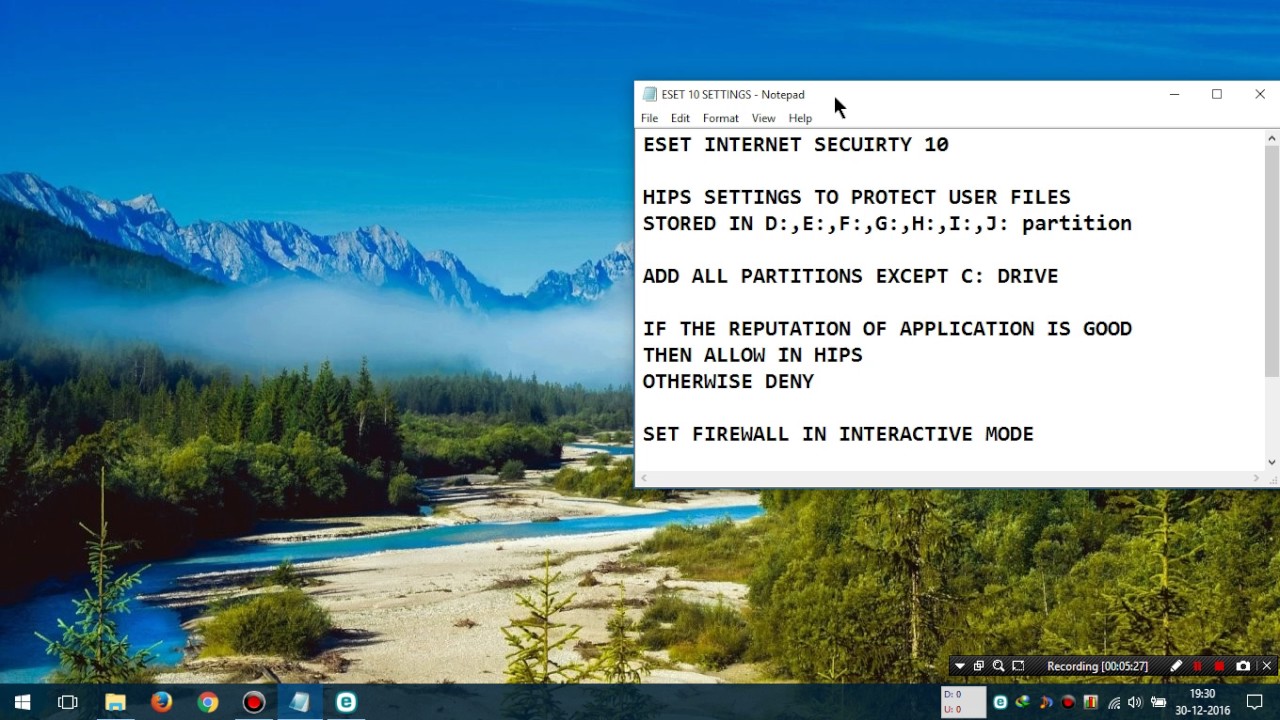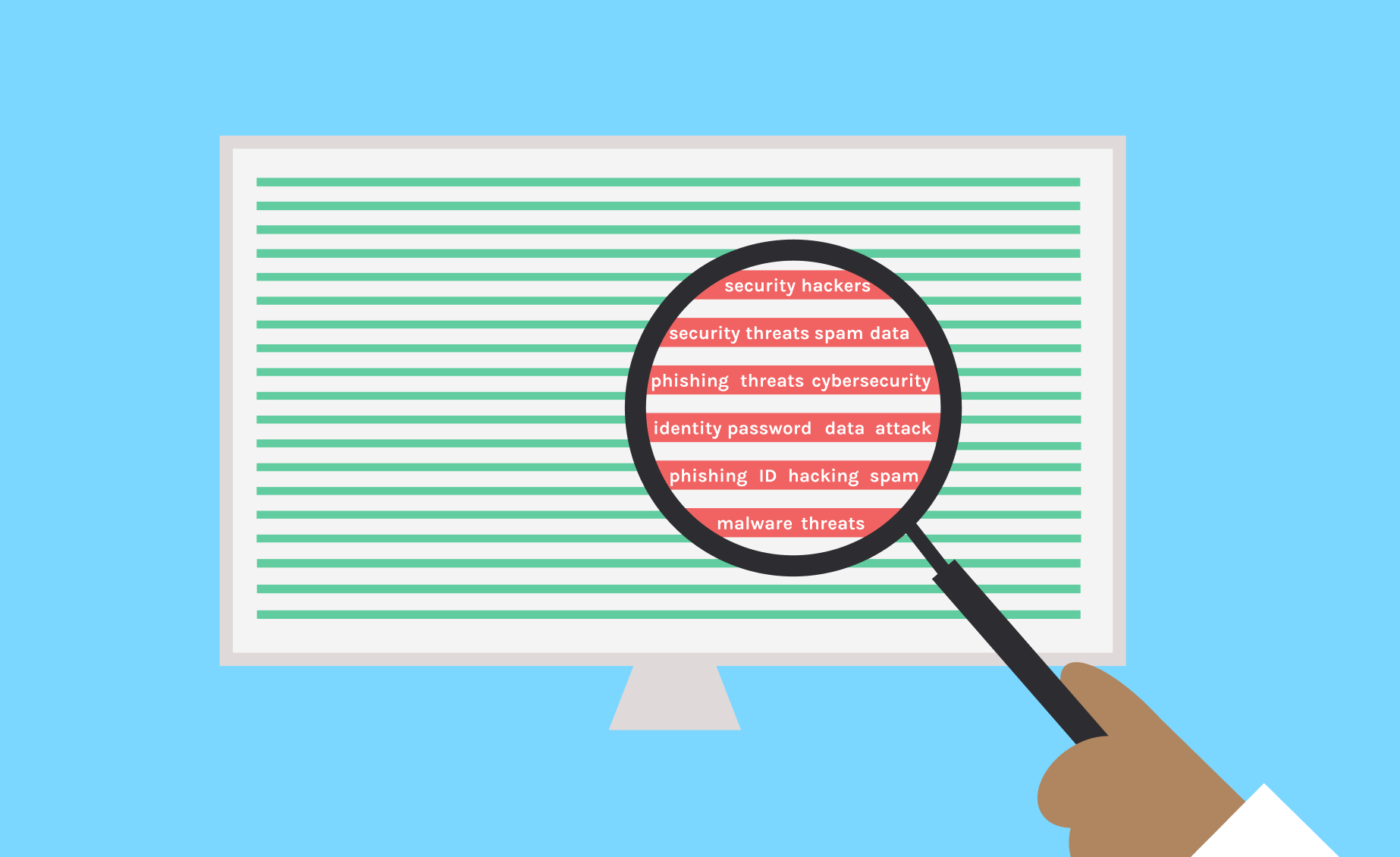What is Ghimob Malware?
A new Android malware strain ‘Ghimob’ is mimicking third-party mobile (mainly banking) apps to spy and steal user data when downloaded and installed. This Trojan virus steals data from users, primarily targeting online banking and cryptocurrency.
As of the end of 2020, it is believed to siphon data from more than 153 apps by asking for accessibility permissions and using debugger checks. And the risk is high for victims, as attackers can bypass banking institutions’ security measures and make transactions on Android users’ smartphones.
Here is what you need to know to protect yourself from this latest malware attack.
How Ghimob Malware Works
Ghimob malware works by sitting in a mobile device and searching for banking apps. Then, it opens a door for a threat actor to steal money while another app is running as a cover.
The Ghimob group will use emails or malicious sites to redirect users to websites promoting Android apps. An email is usually sent to a user with a link. This link takes the users to an authentic-looking app, mostly provided by a fraudulent creditor. The Ghimob Trojan malware installs itself and then sends a message back to the command-and-control (C2) server containing the victims’ phone data, including the model and the screen lock details. Then, it steals sensitive user information.
These apps also mimicked official apps and brands, such as Google Defender, Google Docs, WhatsApp Updater and Flash Update.
Kaspersky Lab spotted this iteration of Ghimob malware while keeping track of a Windows malware effort conducted by the threat actors known as Guildma. The security firm learned that the campaign downloaded an APK installer for Ghimob if victims clicked on one of the campaign’s malicious URLs using an Android-based browser.
The malware’s APK installers posed as installers for popular apps. At the time of discovery, they weren’t available for download on Google’s Play Store, but were hosted on several domains registered to Guildma’s operators.
Once installed, the remote access Trojan (RAT) malware ran a series of tests to check for emulators and debuggers. It terminated itself if any of those tests came…


